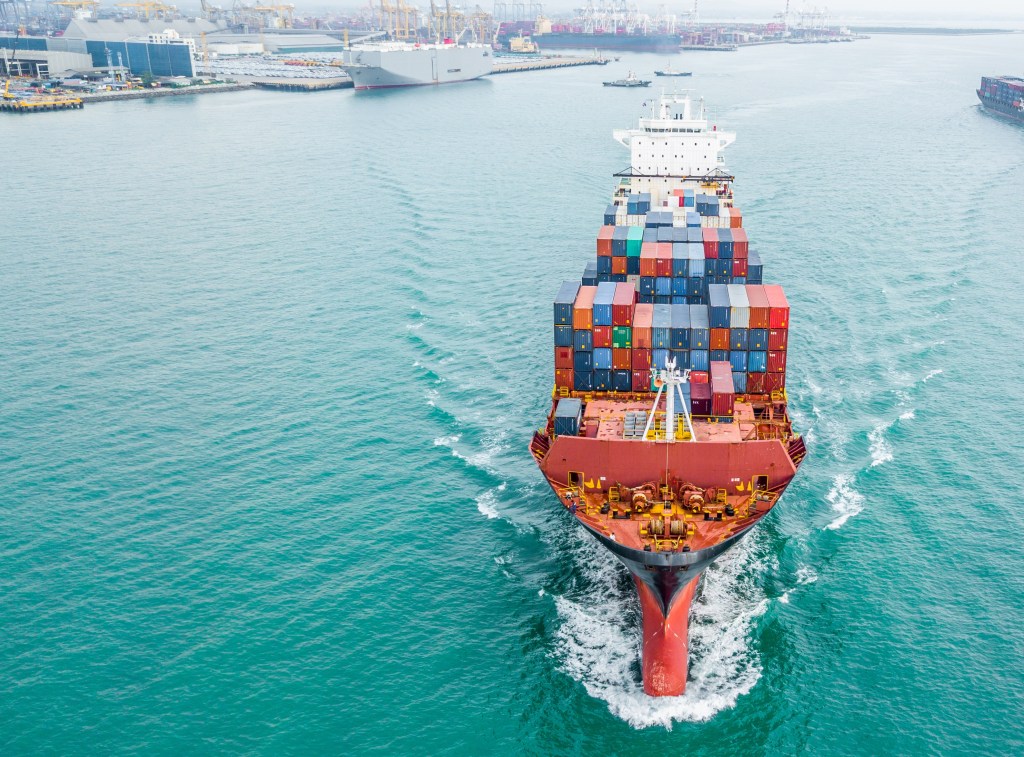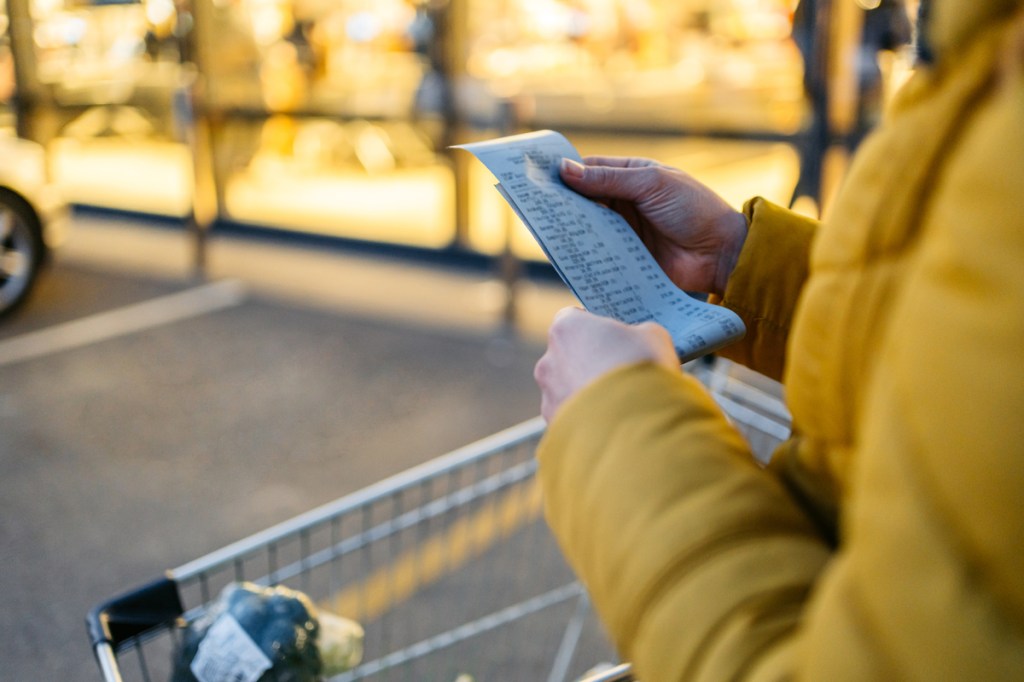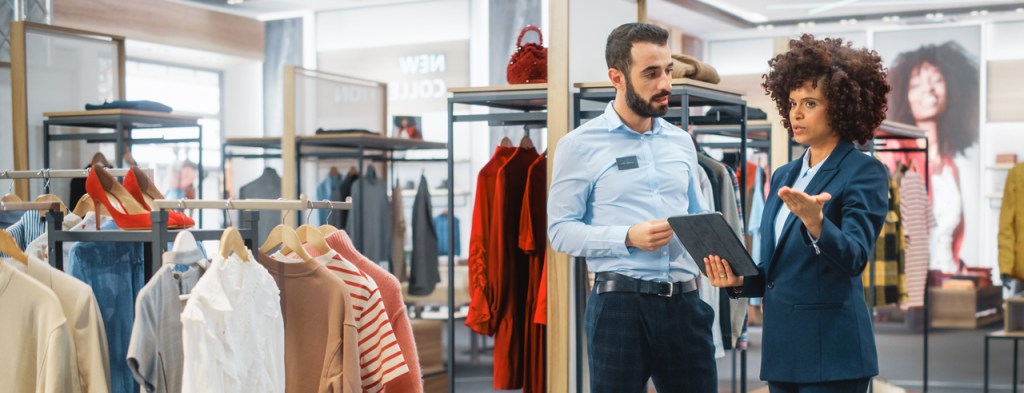It has been an unforgettable summer for Britain. Anyone who was lucky enough to attend the London 2012 Games will have experienced something amazing and truly unforgettable which they will cherish for years to come. For me, as a non-Brit and consumer trend-spotter, it was also an insight into many aspects of the UK consumer psyche, including their changing attitudes and media consumption.
It all started of course with Danny Boyle’s weird and wonderful opening ceremony at the London 2012 Olympics which set the tone for what was to follow. By the Closing Ceremony, Sebastian Coe praised Great Britain for doing ‘wonderful’ Olympics the ‘right way’ and International Paralympic Committee president Philip Craven rightly congratulated London for hosting ‘the greatest Paralympic Games ever’. During both events, emotions were running high, with both athletes and supporters discarding the traditional British stiff upper lip.
The British public, initially a bit sceptical, quickly warmed up to the Games. After Great Britain’s Golden Saturday where GB won six gold medals (the most successful day at an Olympics in 104 years) the euphoria was unstoppable. The public cheered for their athletes and showed incredible fairness and sportsmanship. The atmosphere in the Olympic venues was breathtaking and the chanting and the cheers from the crowd inside the Olympic stadium is something that I will never forget. The support was tremendous. Some 2.7 million Paralympics tickets were sold (beating targets by £10 million) and some 70,000 Games Makers made London 2012 an unforgettable event.
This sheer amount of enthusiasm illustrates the growing appetite of Brits to experience something new and different. UK consumers are more likely than the global average to be impacted by the ‘Experience’ trend according to GfK Consumer Trends TrendKey 3.2. With the UK economy not faring too well, these consumers are increasingly happy to prioritise social and cultural experiences over material possessions, a shift that we have also been monitoring in other mature markets.
During the London 2012 Olympics, records were not only broken on the track but also off the track. London 2012 was described as the first ‘digital Olympics’. On-demand and on-the-go were not just buzzwords. BBC recorded 39 million browsers of BBC Sport with 1 in 3 accessing content on mobile devices. Twitter recorded more tweets during the opening ceremony than during the entire Beijing Olympics four years ago. Athletes suddenly found themselves with thousands of new followers on Twitter. Competitors, politicians, reporters, celebrities, supporters and even brands all increasingly used social media platforms and apps to share their support and excitement. This was a complete new way of engagement and cross-communication allowing excitement to spread instantly and emotions to be shared widely.
The timing for the digitalisation of the Olympic Games was just right. Four years ago social media was still relatively small and tablets were still in their infancy. By 2012 consumers had completely different expectations – according to the Roper Reports Worldwide 2012 study which was carried out prior to the Olympics, 1 in 4 UK consumers have been streaming online broadcasts and events and 1 in 5 UK consumers have used their mobile phones to watch videos, live TV and other events.
For me, it’s been absolutely fantastic to be part of the London 2012 experience and I savoured every minute of it. Being able to share some of my greatest moments – such as running into the Brownlee brothers in the Olympic park, chanting for Mo Farah in front of the BBC studios or supporting Tom Daley in his final dive – with thousands of like-minded people has been fantastic and it has made me realise the key role digital technology has had in the success of these Games. Thank you London for a fabulous summer 2012.



